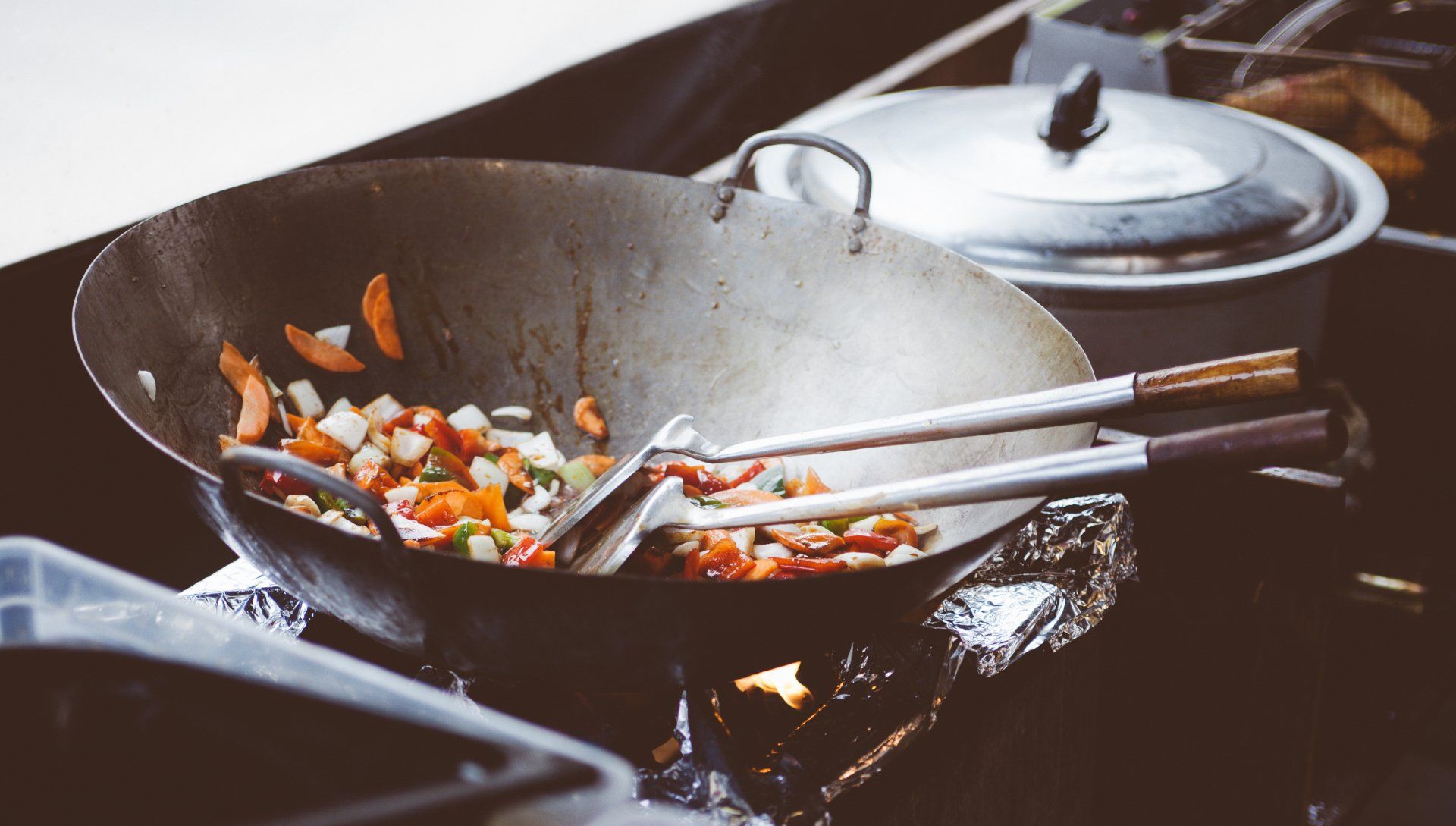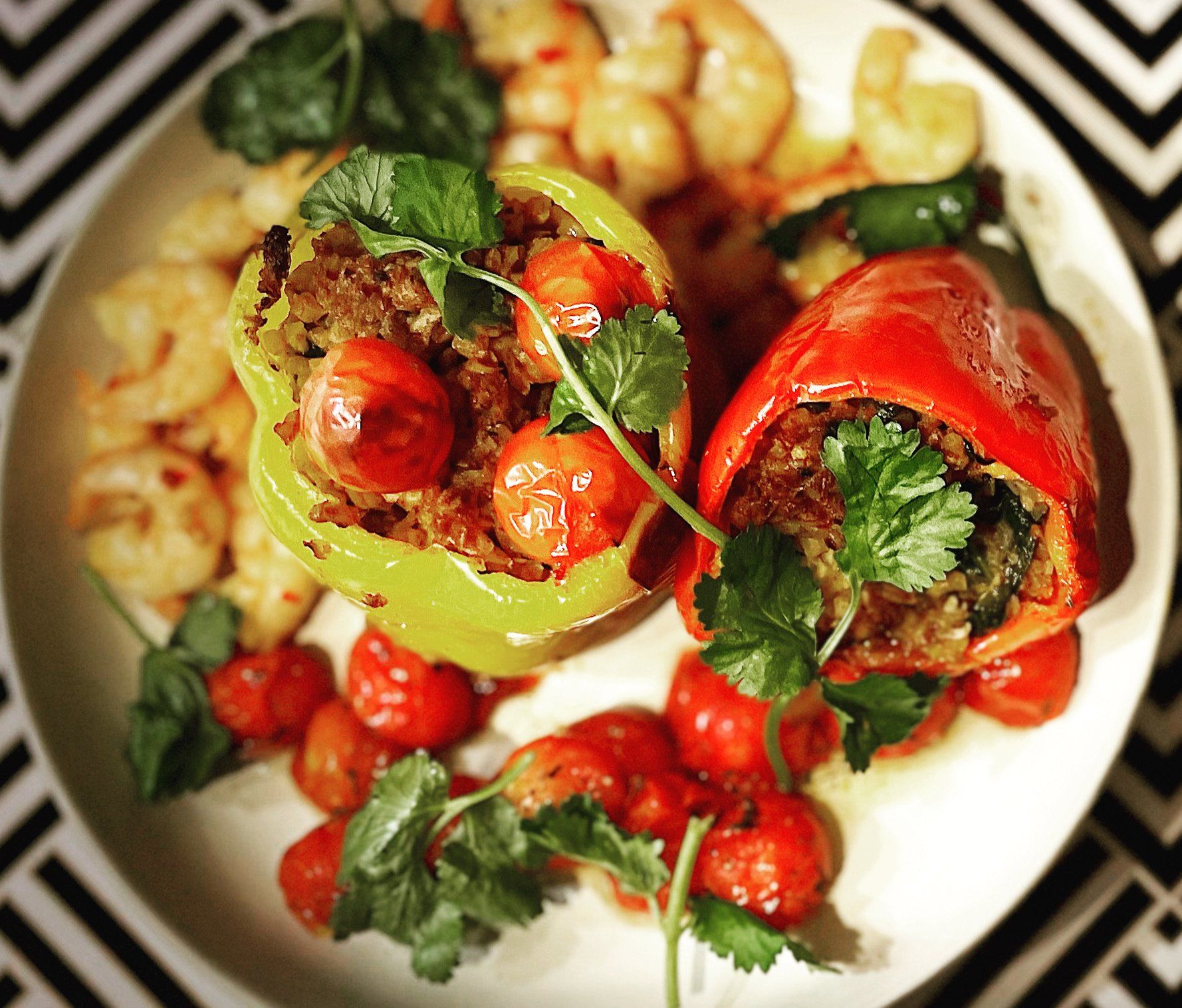Cooking Methods
How cooking methods affect nutrient value

Food preparation can alter the amount of nutrients you actually get from food. High levels of heat, light or oxygen can cause nutrient loss. This has pushed several people to opt for more raw foods to maintain nutrient levels of certain foods. But with some foods, cooking helps, such as to kill bacteria or improve the bioavailability.
Boiling, Simmering or Poaching
These methods reduces large amounts of Vitamin C. For example, broccoli, spinach and lettuce can lose upto 50% of their nutrients, but consuming the water they are boiled in can retain the majority of the nutrients.
Grilling
B vitamins can lose upto 40% of their nutrient value. The juices that drip from meat and create smoke when grilling, can cause cancer-causing substances such as hetero cyclic amines.
Roasting and Baking
With this method, there are minimal nutrient loses, but this depends on how high the temperature and length of time food is being cooked for. 40% of B vitamins can be lost in meats cooked at high temperatures and long cooking times
Sauteing and Stir Frying
Stir frying has shown to greatly reduce Vitamin C content in broccoli and red cabbage. However, cooking for a short amount of time with no water can maintain B vitamins. By adding some fat can also improve absorption of antioxidants.
Frying
Toxins called acrylamide are formed when frying starchy foods. These are formed when oil is heated to high temperatures for a long period of time. Acrylamide have been associated with an increased risk of cancer. The unsaturated fatty acids become oxidised, and that’s why it’s not advised to re-use oil once it has been heated.
Steaming
This is one of the best cooking methods, as research suggests, only 9-15% of vitamin C is lost in broccoli and spinach using this method
Microwaving
Microwaving has it’s pro’s and con’s. Short cooking times means nutrients are maintained. However, this method can also mean food is not heated evenly. Some research suggests that microwaving can increase the risk of leeching Bisphenol A from plastics. Bisphenol A is an endocrine disruptor (interfere’s with the body’s hormones), hence it is advised not to heat food in plastic containers.






